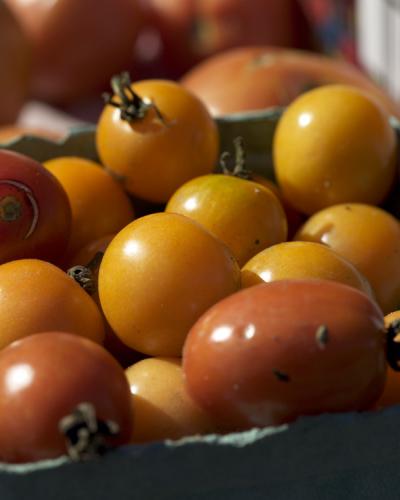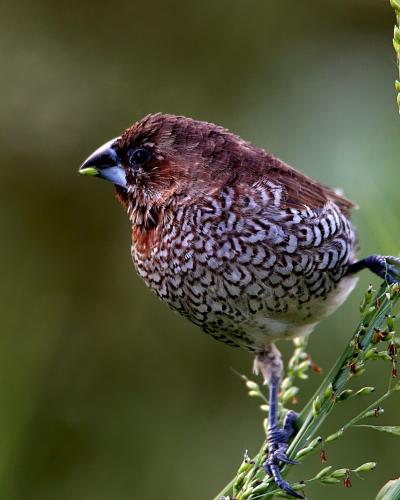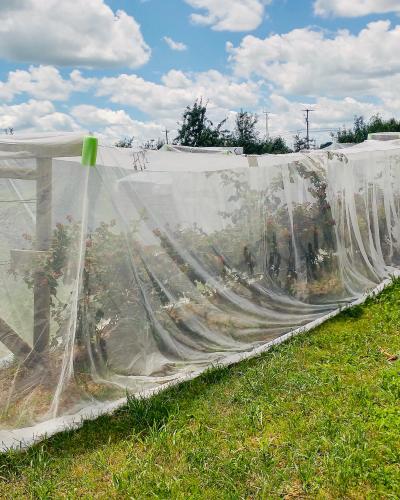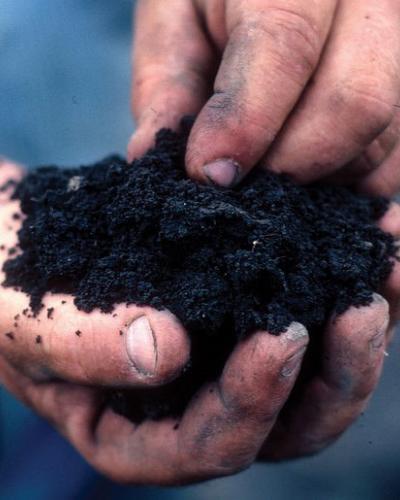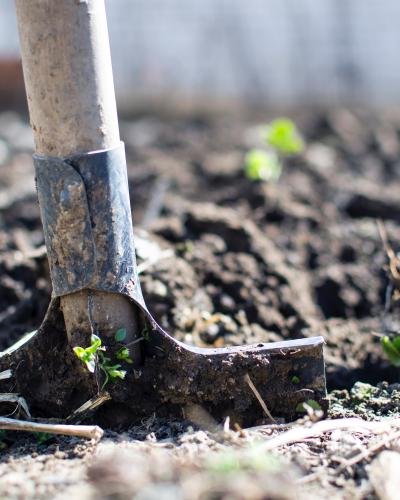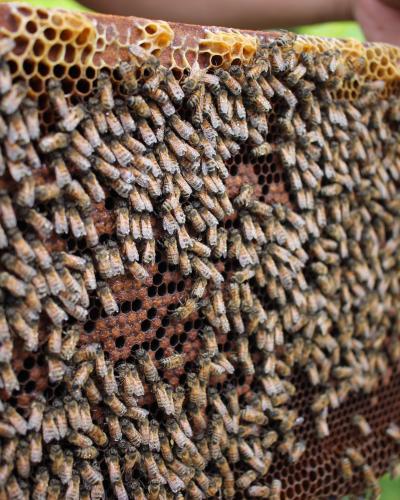A study published in Ceres found tomato varieties that thrive when grown under organic conditions in Brazil, providing higher-yielding tomatoes and better quality than popular slicer tomato...
Mar 30, 2020
Photo Credit: Ron Dauphin
Certified organic farms are required to support biodiversity, which in return provides important services back to the farm and improves...
Feb 10, 2020
Photo Credit: Andy Holmes
Tension between biodiversity conservation and risk management of foodborne pathogens in agriculture has increased since a major E. coli outbreak...
Dec 16, 2019
Photo Credit: Divide_by_zero
In an effort to ensure food is free from harmful pathogens that cause foodborne illnesses, food safety regulations have become increasingly...
Nov 25, 2019
Photo Credit: Ryan Kuesel
Some invasive pests are nearly impossible to control, even with the most powerful chemicals, but netting is proving to be a promising solution for...
Nov 18, 2019
Photo Credit: Ian Barbour
A recent study in Frontiers In Sustainable Food Systems found that as many organic farmers rely on manure as a tool to manage soil fertility, they...
Oct 28, 2019
Photo Credit: Rodrigo Flores
Coffee is largely grown in regions where smallholder farmers face poverty, and climate change threatens devastation to their crops. A recent...
Sep 16, 2019
Photo Credit: Lukas
Organic farming uses manure and compost instead of synthetic fertilizer, and new research finds that this can help mitigate climate change. Published in...
Sep 09, 2019
Photo Credit: Twinsfisch
A recent study in Frontiers in Microbiology shows that the microbial diversity on organic fruit may be able to keep disease-causing bacteria at bay...
Sep 02, 2019
Photo Credit: Vadim Karnakhin
A study recently published in the Journal of Applied Ecology found that organic agriculture can significantly increase the health of honeybee...

